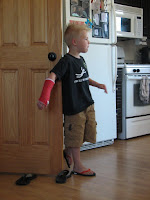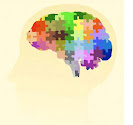Discipline Problems in Kids and Teens with ASD Level 1

Question Our son has autism but it would appear to be a mild condition as he has developed very well and does not exhibit extreme symptoms of the syndrome. However my wife and I have become exasperated of late in trying to teach our child about inappropriate or naughty behaviour. He does not respond to sanctions or punishments and even when he does and the reason for a sanction is explained he does not seem to learn from the sanction so that the behaviour is often repeated again and again and the threat of the same or similar sanction has no effect. Can you make any suggestions? Sanctions include being sent to his room, removal of favourite toys or treats and although he responds/accepts the actual punishment he will not learn the lesson which we are trying to teach him. Answer Disciplining kids displaying behavior consistent with ASD level 1 (high-functioning autism) will often require an approach which is somewhat unique compared to that of other kids. Finding the

